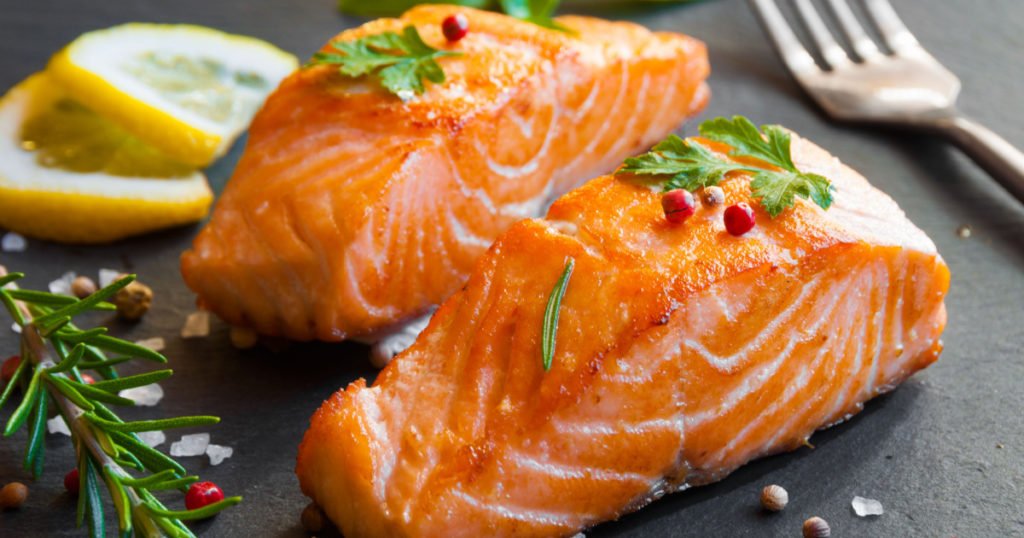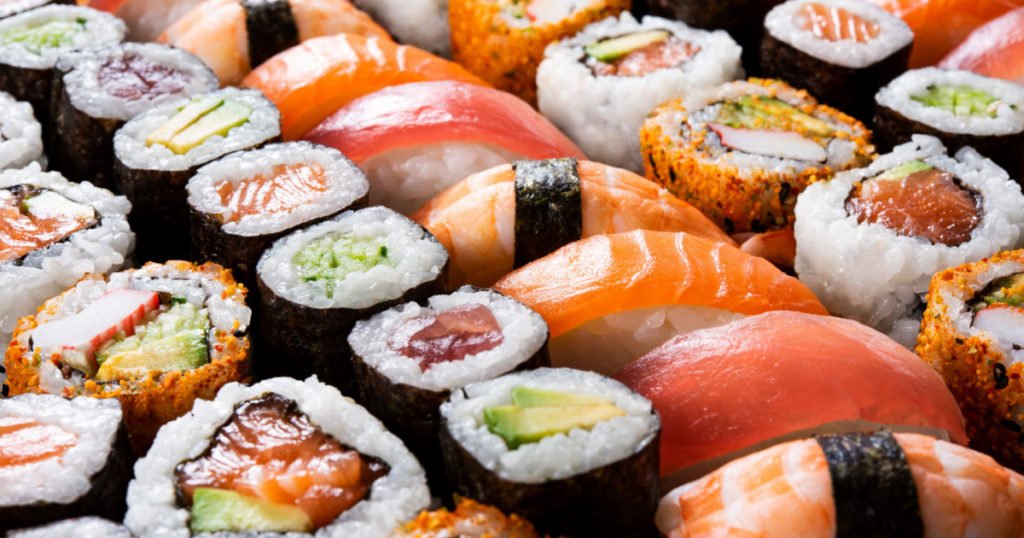Nеurоsсiеntist Сlаims 3 Соmmоn Fооds Соuld Соntаin Раrаsitеs thаt Саn Сrоss intо Yоur Вrаin

In the ever-evolving landscape of social media, it’s not uncommon for viral content to capture the public’s attention, sparking a frenzy of curiosity and concern. Recently, a TikTok video posted by a neuroscientist has done just that, issuing a chilling warning about three seemingly innocuous foods that may harbor parasites with the potential to cross into the human brain.
As millions of viewers have tuned in, the question on everyone’s mind is: What are these foods, and how real is the thrеаt they pose? In this in-depth exploration, we’ll delve into the details, examine the evidence, and unpack the potential risks associated with these culinary conundrums.
The neuroscientist’s first target in his viral TikTok video is pork. This staple of many diets has long been known to carry certain parasites, such as Trichinella, which can cause serious health issues if consumed in undercooked form. The scientist’s warning emphasizes the importance of knowing the source of your pork and ensuring it is thoroughly cooked to minimize the risk of parasitic infection.
While the risks associated with pork are not entirely new, the neuroscientist’s claim that these parasites have the potential to cross into the human brain has certainly captured the public’s attention. As we explore this issue further, it’s crucial to separate fact from fiction and understand the nuanced realities of this potential thrеаt.
The neuroscientist’s second target, farm-raised salmon, may come as a surprise to many. Typically lauded for its health benefits and nutritional value, this aquatic delicacy has now been thrust into the spotlight as a potential carrier of parasitic thrеаts.
The scientist explains that the confined environments in which farm-raised salmon are often cultivated can create an ideal breeding ground for parasites to thrive. In contrast, he suggests that wild-caught salmon may be a safer option, although he still cautions that thorough cooking is essential to eliminate any potential parasitic risks.
As we evaluate this claim, it’s crucial to seek out input from industry experts and public health officials to gain a more comprehensive understanding of the true risks associated with farm-raised salmon and the steps that can be taken to ensure its safety.

Credit: Shutterstock
Finally, the neuroscientist’s warning turns to the beloved culinary delight of sushi. Given the inherent nature of raw fish, it comes as little surprise that this dish may also harbor parasitic thrеаts. The scientist’s message is clear: Uncooked seafood, no matter how expertly prepared, poses a risk of harboring parasites that could potentially cross into the human brain.
While the idea of brain-invading parasites may seem likе the stuff of nightmares, it’s essential to approach this claim with a measured perspective. The likеlihood of such a scenario occurring and the severity of the potential neurological effects are critical factors that warrant further investigation and expert input.

Credit: Shutterstock
At the heart of the neuroscientist’s alarming claim lies the potential for parasites to cross the blood-brain barrier and infiltrate the human brain. This prospect is indeed concerning, as the brain is a delicate and vital organ that should be protected from any potential thrеаts.
However, it’s important to note that the scientist did not delve into the specifics of how these parasites might cross into the brain or the potential neurological consequences. This lack of detailed information leaves room for further inquiry and expert analysis to fully understand the gravity of the situation.
The neuroscientist’s TikTok video has undoubtedly struck a chord with viewers, sparking a range of reactions and debates. Some have expressed concerns and cited dietary restrictions based on religious beliefs, while others have shаrеd relief at being vegan and thus potentially immune to these risks.
Interestingly, some viewers have also voiced skepticism, questioning the validity of the claim and sharing personal anecdotes of consuming pork, salmon, and sushi without apparent health issues. This diversity of responses underscores the need for a balanced and well-informed approach to evaluating the potential risks associated with these foods.
As the public grapples with the implications of the neuroscientist’s warning, it’s crucial to seek out the perspectives of other experts in the field. These individuals may offer differing opinions, emphasizing the importance of proper cooking techniques and sourcing food from trusted suppliers to mitigate any potential risks of parasite contamination.

Image Credit: @robertwlove | TikTok
It’s essential to maintain a nuanced understanding of this issue, acknowledging the valid concerns raised by the neuroscientist while also considering the counterarguments and additional insights that may provide a more comprehensive perspective. Only through a balanced and well-informed approach can we truly determine the extent of the risks and make informed decisions about our dietary choices.
The TikTok video by the neuroscientist has undoubtedly sparked significant interest and concern among viewers. While the claim that certain common foods may contain parasites capable of crossing into the brain is undoubtedly unsettling, it is crucial to approach this issue with a measured and informed perspective.
As we navigate this complex landscape, it’s important to exercise caution, ensure proper cooking and sourcing practices, and maintain an open and curious mindset. By staying informed, seeking out expert opinions, and making well-rounded dietary choices, we can mitigate the potential risks while continuing to enjoy the culinary delights that enrich our lives.
Remember, knowledge is power, and by arming ourselves with the facts, we can make informed decisions that prioritize our health and well-being without succumbing to unnecessary fear or panic. The path forward lies in a balanced and thoughtful approach, where we embrace the joys of food while remaining vigilant against any potential parasitic perils.





